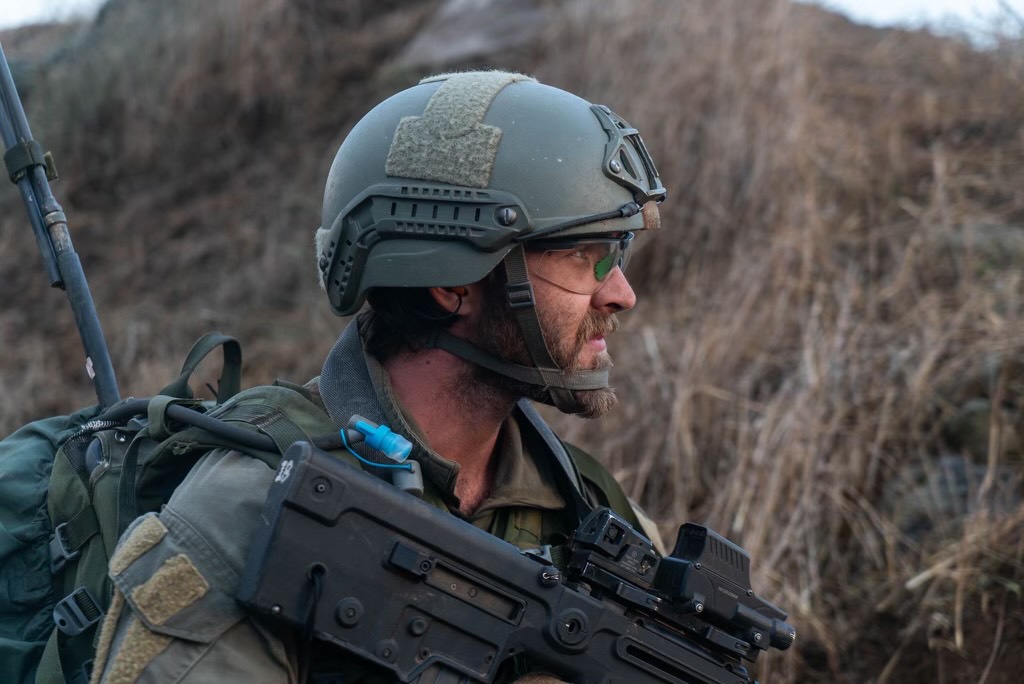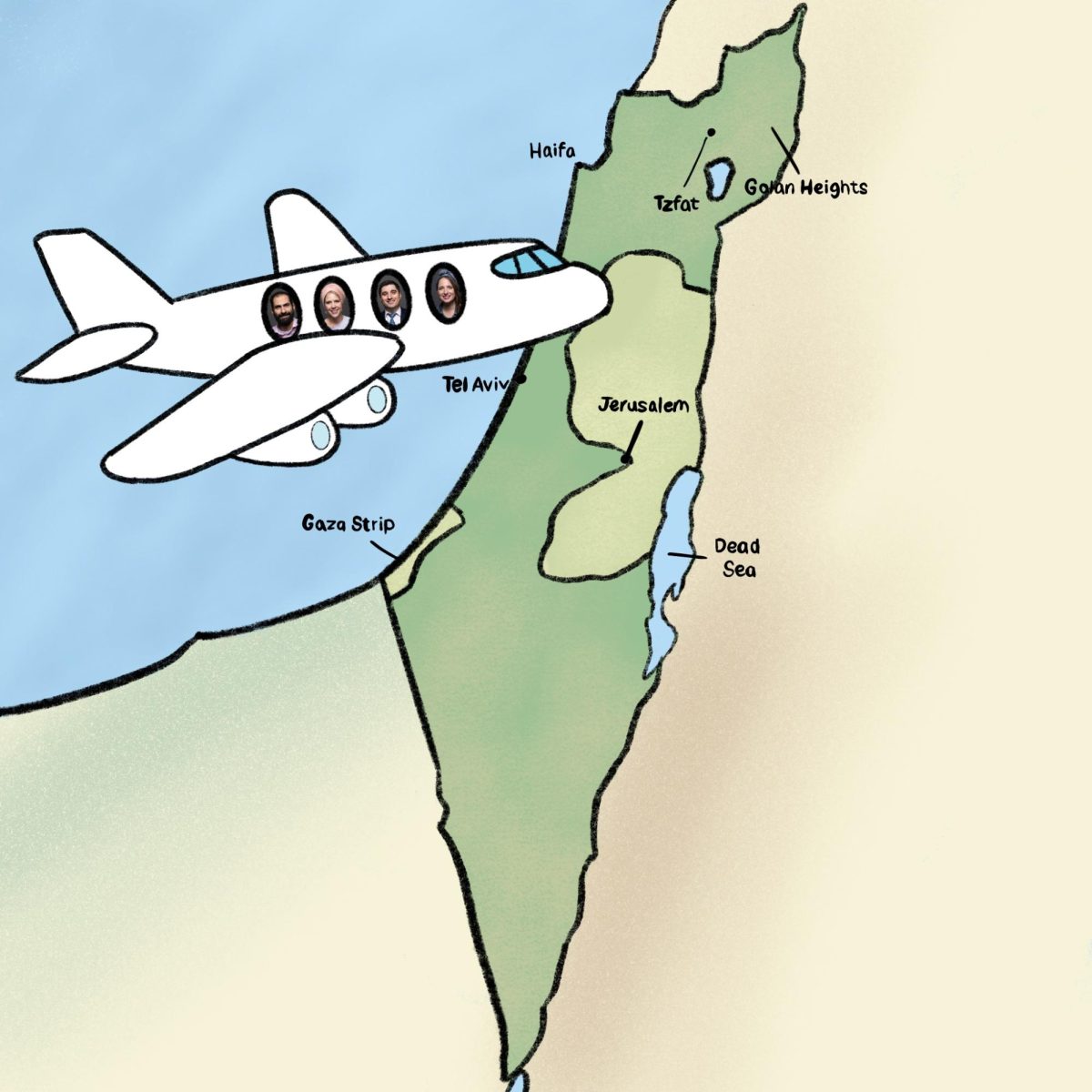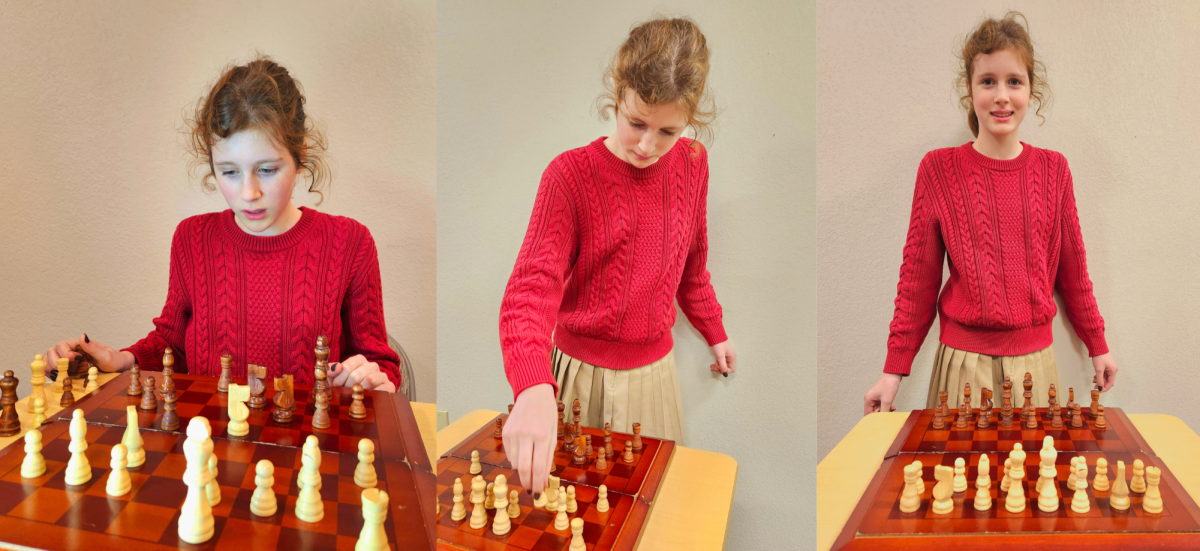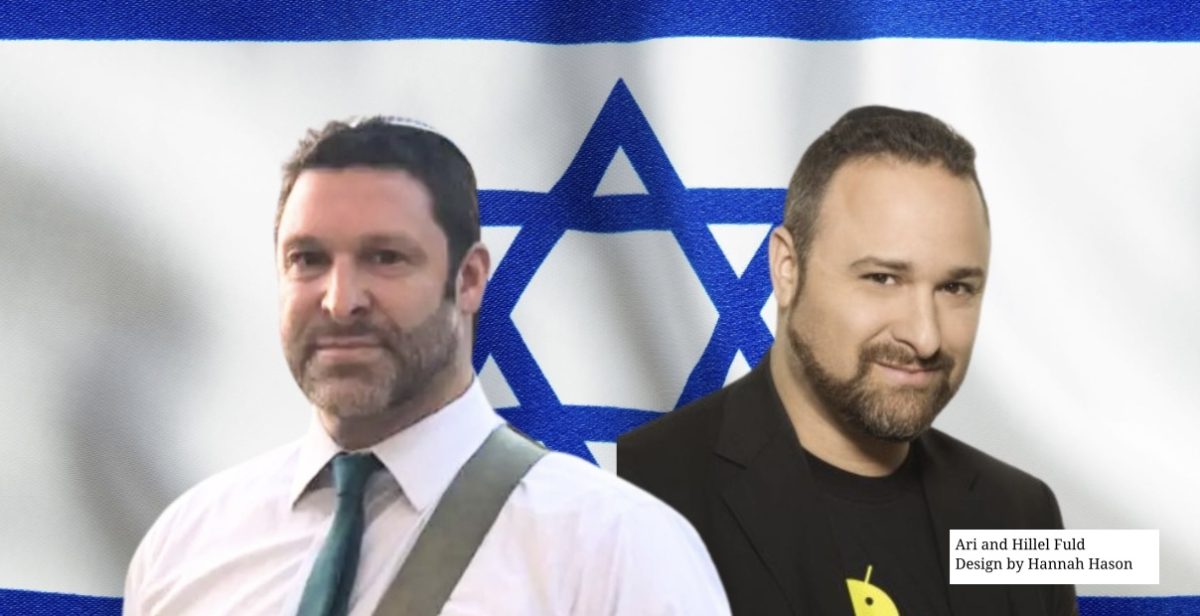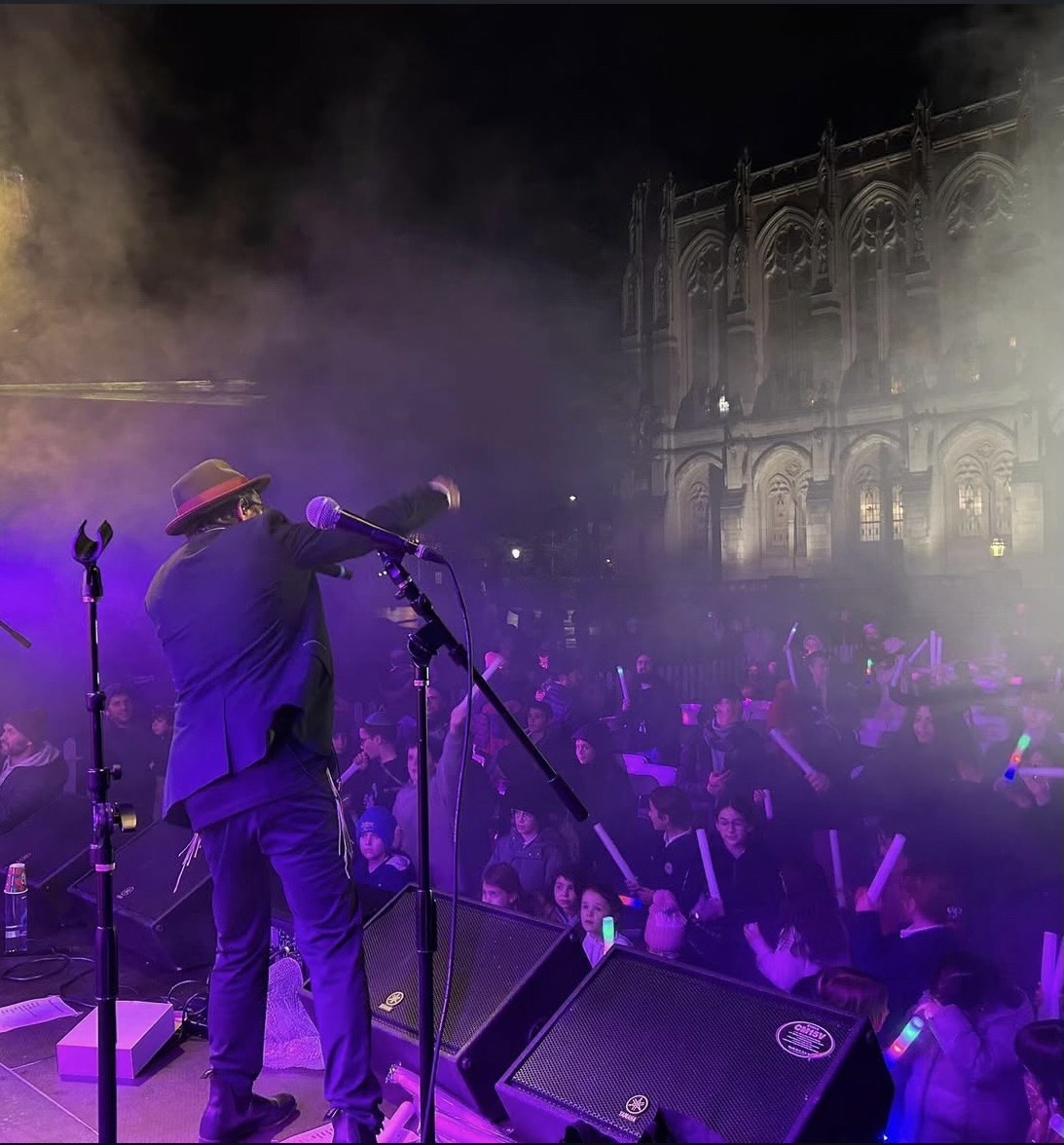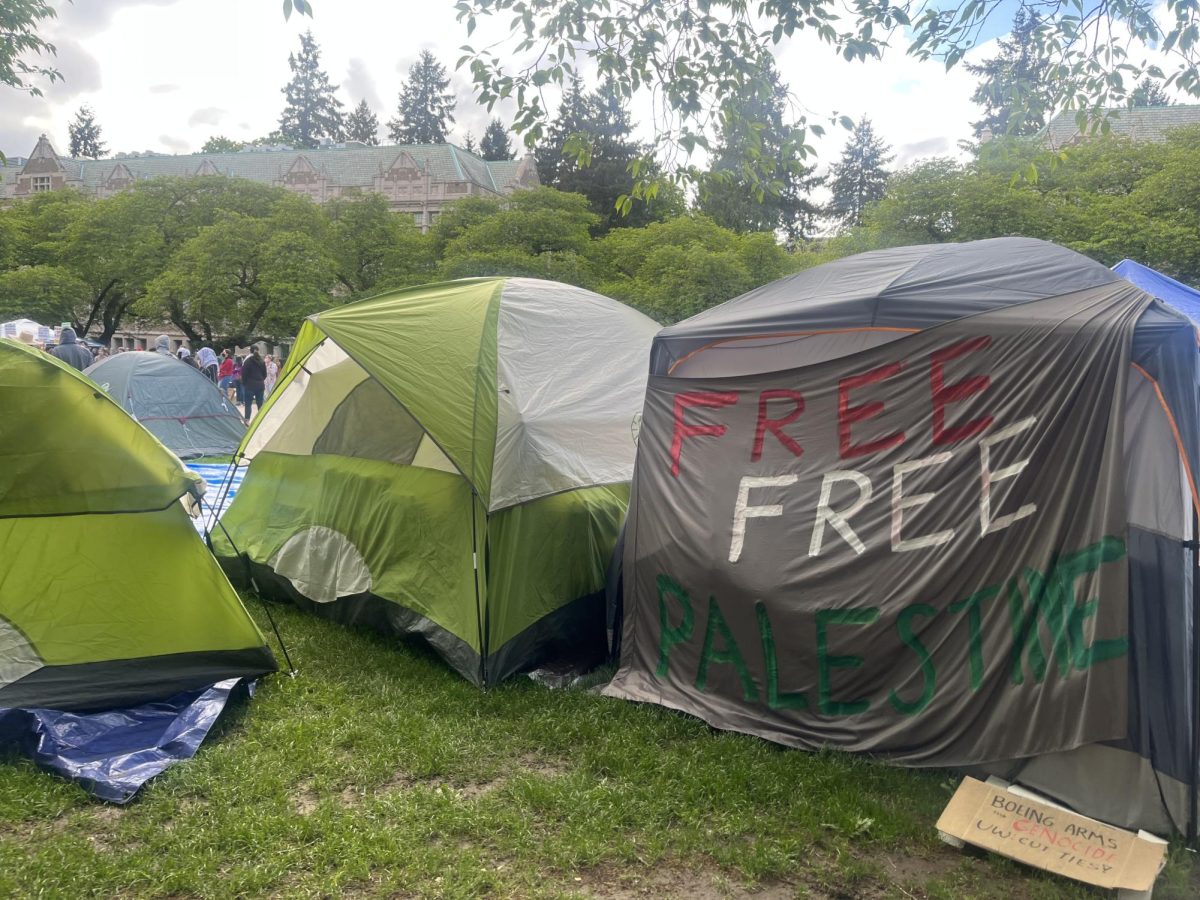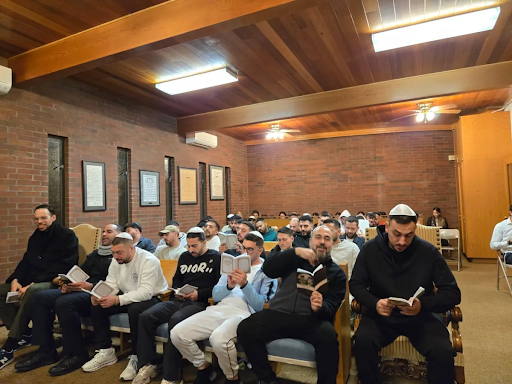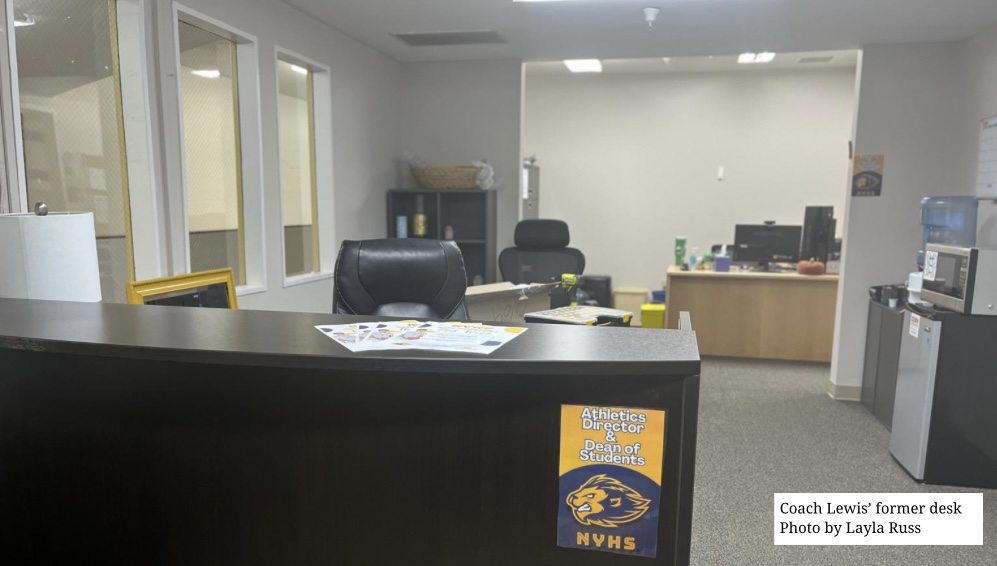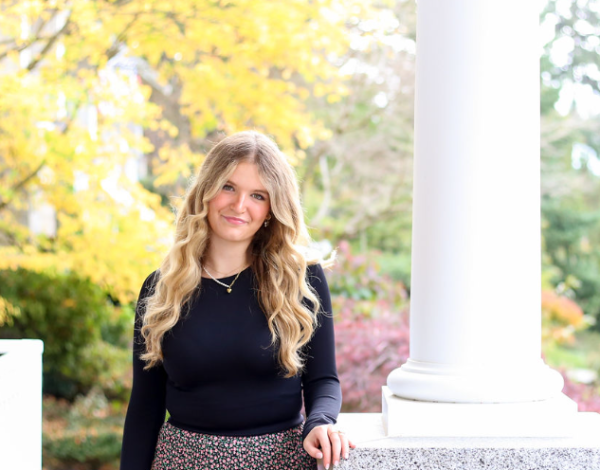On October 7th, Hamas attacked Israel, killing the most Jews in one day since the Holocaust. Following the attack, the Israeli Defense Forces faced an urgent need for additional soldiers and called upon those living in Israel and the diaspora to return to the army. Parents across the globe, including in Seattle, woke up to messages that their kids were going to battle.
“I felt like I could not work, I could not think clearly. It was really hard,” said Dan Swedlow, a Seattle lawyer, whose son and son-in-law were both called up. Swedlow’s son, Schneur, lives in Israel and serves in Palchan Nahal, a combat unit currently near Lebanon. Evyatar, Swedlow’s son-in-law, is in the Egoz unit, which specializes in guerilla warfare. “It was really scary to know we had a kid right there on the front lines,” Swedlow said.
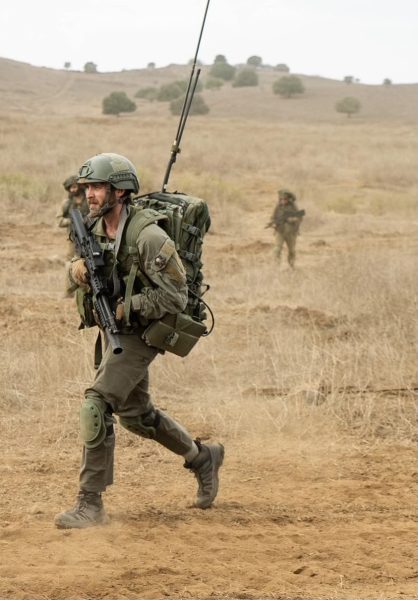
“They called in the middle of the night and woke us [up],” said a local parent who wishes to stay anonymous for security reasons because their child made aliyah and is in a combat unit. “I think we’re all just kind of terrified all the time.” Families are consumed by concern for the safety of their kids. “The biggest challenge is worrying about the mental and physical well-being of my children,” an anonymous parent said.
Former Seattlite Yonit Jacobson woke up in Israel at 6:30 on October 7th to rocket sirens and notifications that terrorists had infiltrated Israel. Her commander ordered everyone to return to the army. Jacobson, 20, who made aliyah from Seattle in 2011, happened to be on leave that weekend from her Duvdevan, an elite commando unit. When she reached her base, it was in chaos.
“There were 10 dead, then there were 20 and the numbers kept going up and no one knew what was happening or going on,” said Jacobson. “That Saturday night I found that a friend was killed, then another friend, so things were really hard.” Her unit lost seven soldiers in one day, and her boyfriend was injured in battle in Gaza. “Everything changes every day, you never know what you’re going to be working on tomorrow. You don’t know when you’re going to be home,” she said. “You’re always waiting to hear what’s with your friends and the people you love that are there and you’re trying to stay focused on the work you have to do.”
Native Seattlites aren’t the only ones coming together to aid Israel. Shachar and Haggit Yoav moved from Israel to Seattle this fall to work as teachers at the Seattle Hebrew Academy. Haggit arrived earlier with their four children because Shachar had visa complications that caused him to arrive a month later. At the Simchat Torah service on October 7, when the rabbi announced they would be reciting tehillim (psalms) for Israel, Haggit didn’t think anything of it. As they spoke to other Israelis throughout the day in the community who had received messages to come back to Israel, they got worried. Shachar, who only arrived on September 21, checked his phone after chag and realized he was called back from the reserves as well, only two short weeks after he arrived in America.
Haggit said the first two weeks he was gone she couldn’t sleep. She felt the hardest thing was being away and being unable to help her friends and loved ones. However, she knew it was important. “In Israel, they always teach you to fight for your land,” she said. “You don’t have a lot of chances in your life to really do what you practice.”
Shachar returned to Israel to serve in Totchanim, the artillery unit. He said he loved to see all of Am Yisrael united. “Everyone wants to help again whether they are recruited or volunteered or civilians…whatever we needed and whatever we didn’t need, people just gave and gave,” he said.
The soldiers currently serving while going through so maybe hardships also understand how strong Israel is and how important their role is. Schneur Swedlow, who is on the front lines, sent a text to his grandma with a positive message that read, “The Jewish people’s willpower is as strong as their firepower.”
For Jacobson, being part of something so important is surreal. “We know we have this goal of getting rid of Hamas totally, and we know that we’re going to achieve it, but you don’t know how long it’s going to take and you don’t know what you’re going to lose by doing it,” Jacobson said. “On the one hand, you feel like you’re part of something so big and meaningful, on the other hand, you’re like, I feel so young. How is this possible? How are me and my friends the ones responsible for the safety of this country right now?”
The decision of whether to go was not a simple one for Shachar. “In my perspective, I had to decide between two things that I believe in, helping my family and helping my bigger family, Am Yisrael,” he said. “As much as it was hard for me to ask my wife and ask my kids to leave them again, I didn’t have any choice.”While Shachar was away, Haggit felt like the community took care of them and adopted them. The support also eased Shachar’s mind. “In my eyes. there is a hero in the story, and she is my wife who agreed to let me go after it took me a month to arrive.”
After 50 days, Shachar returned home. He decided to surprise his four children at SHA. “All were very excited to see me and I was even more excited to see them,” he said. “The moment of hugging them again was one of the best of my life.”
Swedlow was recently able to visit his kids in Israel. “It was great to be back with them and it was hard to leave,” he said. Even though his own family is risking their safety to protect others, Swedlow is still thinking of others whose kids were taken hostage, or worse. “I just cannot imagine what those parents are going through, because what I went through was the hardest thing I’ve ever gone through, and it was nothing compared to what they’re going through,” he said.
For Jacobson, serving in the IDF now is meaningful. One day she imagines telling her children about being “part of such a big war, and keeping the country safe.”


